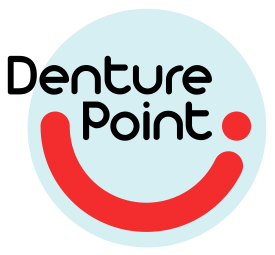When you receive your first dentures eating can be a bit of a challenge to start with. Give yourself time to heal (if you had extractions done) and don’t expect too much at the very beginning. But don’t give up either: persevere and continue wearing your dentures. If you are getting both upper and lower denture you might need to eat in front of a mirror. The trick is to distribute food evenly on both sides and chop it rather then chew like you used to do with your natural teeth.
These are some of the foods that you should be able to eat as suggested by existing denture wearers (basically anything soft):
- mashed potatoes
- yoghurt
- mac n cheese
- soups pureed in a food processor
- overcooked past
- pancakes
- scrambled eggs
- protein shakes
- cheesecake
- cottage cheese
- ice-cream
- puddings







